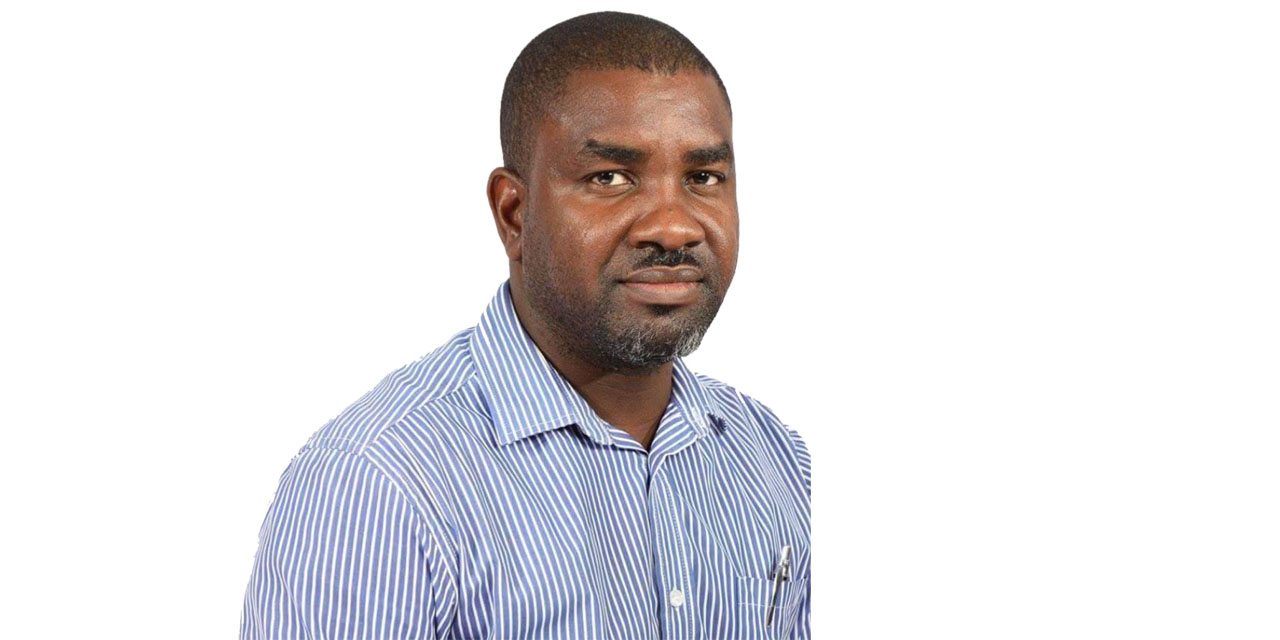Martin Endjala
The Office of the Prime Minister (OPM) has conducted assessments to determine whether the ongoing drought relief will be extended or reversed.
Rhingo Mutambo, the OPM spokesperson was responding to inquiries about the drought relief program’s future after the conclusion of the 2024/25 financial year.
The drought relief programme is set to end on 30 June 2025.
“The current drought relief programme is premised on assessments conducted, namely the crop assessment and the vulnerability assessment and analysis (VAA). These assessments confirm that food insecurity is perpetuated by low rainfall and low or no harvest yield. They also confirm low water unavailability and deterioration in grazing conditions for animals,” he explained.
He said the reversal of drought conditions depends on improved rainfall, which will, among other things, provide relief to the affected communities, on the assumption that the next rainfall cycle will improve the negative conditions of drought.
He said that the drought led to the introduction of drought relief to provide assistance to the severely affected and mitigate its negative impacts.
Mutambo assured that the government will undertake further similar assessments to determine the existence or non-existence of the drought situation and its negative impact on people’s livelihoods.
He clarified that the government would make the appropriate determination based on the outcome.
“The existence of drought requires the development and implementation of resilience programmes that can assist or prepare communities to mitigate negative pacts. These programmes include ongoing extension services to equip farmers with adaptable farming practices, drought-resistant seeds, etc,” said Mutambo.
Keetmanshoop Rural Constituency councillor Willem Labuschagne said Namibia should concentrate on drought relief and create tools for ownership and productivity.
“I do my best to educate the people. But if the government is not helping with industries, how could we teach the people? Agriculture equipment is in Aroab, but there is no program for the use of this equipment,” he said.
He said the equipment has been idle for a year now, and the line ministry has no plan for the way forward, further arguing that time is running out.




